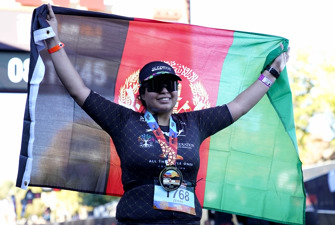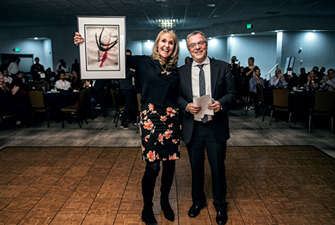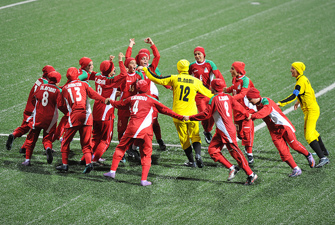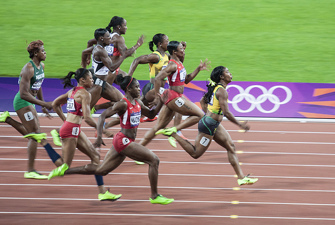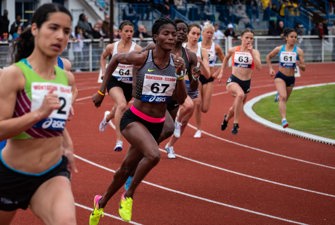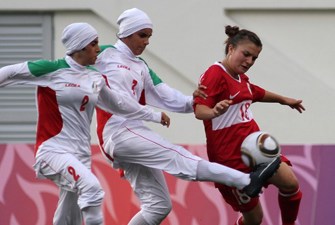The persistence of sexism in sport
David Rowe, professor from the Western Sydney University, looks into why it is so difficult to tackle “epidemic” sexism within sport, why sport is historically a male-dominated sphere and what can be done to counter it.
Sexism within sport is “common, if not epidemic,” writes David Rowe, professor from the Western Sydney University in an article entitled “Sports, Sexism and the Law: Some Contextual History”. Here, Rowe argues that sport’s ‘apologists’ tend to underestimate this problem. Although acknowledging that sport may be sexist in some respect, they lay the blame on society and are not critical enough towards sport’s contribution to sexual inequality. Besides, sexism within sport is justified by using the argument that men have an inherent genetic advantage, Rowe writes.
To explain how deeply rooted sexism is in sport, Rowe highlights brief history traces. Both government and civil society contributed to the fact that sport is seen as a masculinist social institution, Rowe says. In the 20th century, sport was transformed into a big industry and an important element of broadcast media. According to Rowe, this development made it harder for women to enter a world of sport dominated mostly by man: male sport journalists cover male athletes in male-dominated sports.
“Contemporary sport's combination of corporate capitalism and state subsidy has created an institution that has reinforced male power behind a veneer of common sense market logic and equal opportunity rhetoric,” Rowe writes.
In cultural terms, sexism within sports also stems from the consistent association of sports with manliness. Therefore, female athletes have to face the generally accepted notion that sporting excellence and practice might conflict with their femininity. On the other hand, Rowe says, sportsmen have to remain in the “boundaries of approved masculinity” which explains why homosexuality is stigmatized in sports as an expression of “feminised weakness”.
Using this knowledge of sport’s history could be a significant contribution for lawmakers aiming to legally accelerate women’s sporting advancement and, according to Rowe, gender equality should be on the agenda in political and business areas.
“The law is an important component of the anti-sexism armoury but […] in sport it must confront deeply entrenched values and practices that tend to reproduce sexual inequality as natural and normal.
”Lawmakers and governments should also hold sport and media organisations to account in terms of tackling gender inequality, Rowe says, and suggests that “the price for continued support by governments, players and fans must be a genuine commitment to gender equity”.
“Alienating half the population is a classic ‘own goal’ to be avoided on and off the field of play,” Rowe concludes.
Read the entire article



